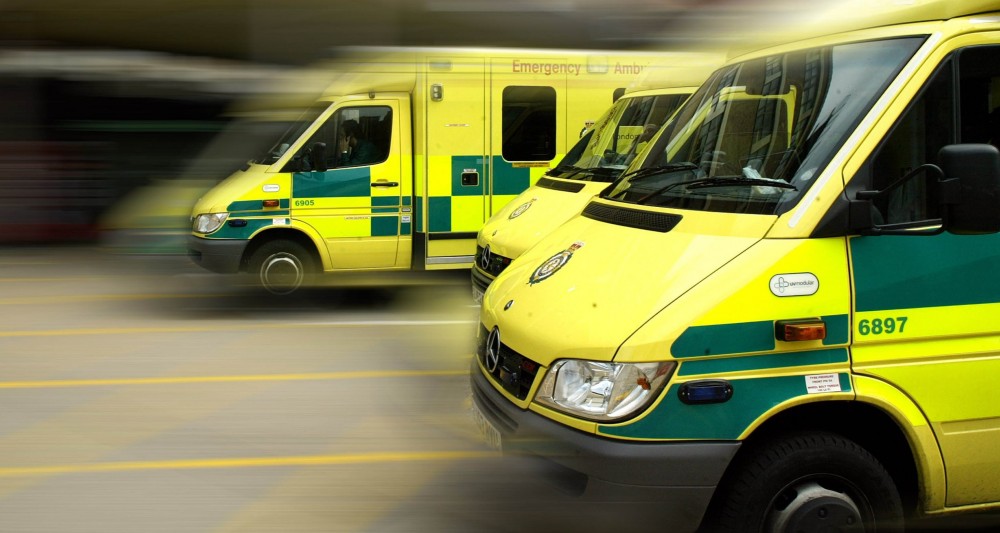‘Time to care for the carer’
On World Mental Health Day today (October 10), Unite is shining the spotlight on the mental health issues facing ambulance staff.
A new Unite survey, which has so far polled more than 550 people, has revealed that mental health problems have reached epidemic levels, with more than half reporting they suffered from anxiety. Almost just as many – 44 per cent – recorded they suffered from depression, and a strong majority, 77 per cent, said they struggled with stress.
Two-thirds of ambulance staff said they felt excessively irritable or angry, while nearly a fifth said they suffered from trauma after responding to life-threatening emergencies.
Those surveyed also reported a range of symptoms that can exacerbate or be a sign of mental ill-health, from lack of sleep to poor diet, aches and pains and tiredness.
And while it may come as no surprise that an inherently stressful job can cause mental health problems, the vast majority of ambulance staff say that what’s driving higher rates of stress in the first place is lack of employer support.
The primary reasons ambulance workers gave for why they experienced stress at work included excessive workloads, unrealistic targets, late finishes, the lack of flexible working and a lack of consultation on changes at work.
A strong majority – 64 per cent – said they did not feel that their boss supported them or were understanding of people facing mental health issues.
Unite ambulance workers committee chair Debbie Wilkinson, who herself has had to take time off from work due to stress, has said the survey chimed with her own experiences.
She has previously highlighted excessive workloads as a major culprit, alongside cuts to mental health services.
“A few years ago you got to chat to colleagues between jobs,” she said. “Now you are doing job after job and you don’t really see colleagues. You haven’t got time for a de-brief.
“You might go to a really traumatic job and then straight on to another. If you get a build-up of those then you don’t process it.”
Wilkinson feared that cuts to counselling services too were having a big impact.
“There’s a lot of talk about combatting stress in our workplace, but there’s not enough being done about it,” she told UniteLive earlier this year. “With the loss of funding for counselling, the problem will only become worse. Cuts to mental health services in general are very frustrating for both patients and staff alike. We need government funding and we need it urgently.”
Commenting on today’s survey findings, Wilkinson said, “The fact that frontline ambulance staff who save lives on a daily basis are suffering such serious levels of stress and mental ill health is both intolerable and unsustainable. It is time for us to care for the carer.
“Unless these problems are taken seriously and tackled then a crisis caused by a lack of ambulance staff will occur.”
Unite national officer for health Colenzo Jarrett Thorpe agreed.
“The survey’s findings must be a wake-up call to the sector,” he said. “Unite will use the findings of the report to lobby individual trusts to remove the pressure from workers and tackle the mental ill health epidemic which is afflicting our members.”
The findings of the ambulance staff survey builds on previous surveys undertaken by Unite published last month. This found that 58 per cent of both construction workers and bus drivers and half of lorry drivers (50 per cent) said that working excessive hours had damaged their mental health.
 Like
Like Follow
Follow

